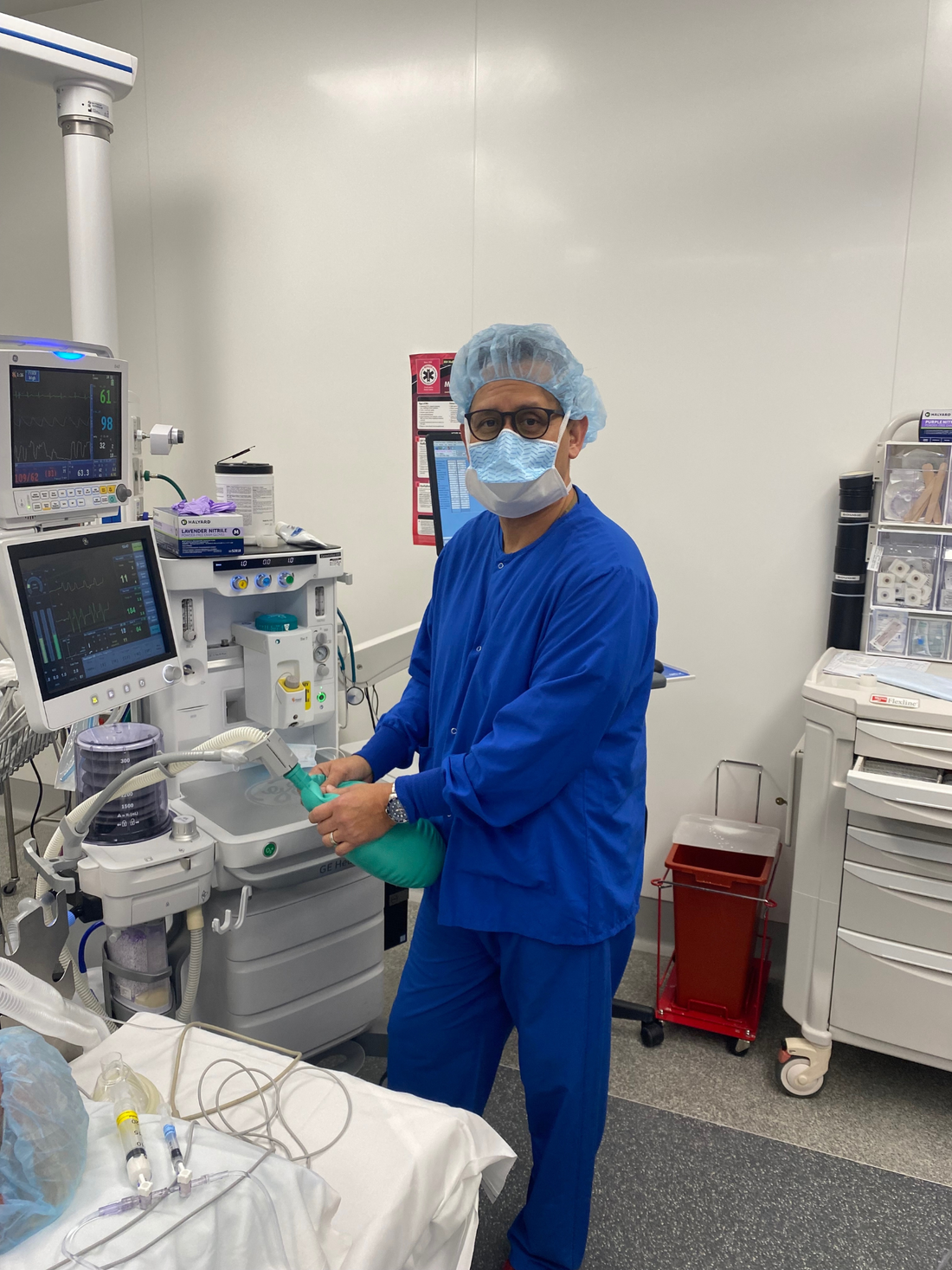When it comes to the operating room, every member of the team plays a crucial role in ensuring the success of a surgery. One such member is the Certified Registered Nurse Anesthetist (CRNA). These highly skilled professionals are an invaluable asset to the operating room team, providing safe and effective anesthesia care to patients. In this blog post, we will explore the role of CRNAs and their importance in the operating room.
What is a CRNA?
A Certified Registered Nurse Anesthetist (CRNA) is an advanced practice registered nurse who specializes in administering anesthesia to patients. They are highly trained and educated professionals who work closely with surgeons, anesthesiologists, and other healthcare providers to ensure the safe and effective delivery of anesthesia during surgical procedures.
What do CRNAs do in the operating room?
CRNAs play a vital role in the operating room by providing anesthesia care to patients before, during, and after surgery. They assess the patient's medical history, perform physical examinations, and develop an individualized anesthesia plan. During surgery, CRNAs monitor the patient's vital signs, administer anesthesia medications, and adjust the anesthesia level as needed to ensure the patient's comfort and safety.
CRNAs are also responsible for managing the patient's pain and ensuring their overall well-being during the surgical procedure. They work collaboratively with the surgical team to ensure that the patient's anesthesia needs are met and that any potential complications are promptly addressed.
Why are CRNAs important in the operating room?
CRNAs bring a unique set of skills and expertise to the operating room, making them an essential part of the surgical team. Their extensive knowledge of anesthesia medications, techniques, and patient care allows them to provide safe and effective anesthesia services. CRNAs are trained to handle a wide range of surgical procedures, from routine to complex, and are skilled in managing anesthesia for patients of all ages.
Furthermore, CRNAs are often the primary anesthesia providers in rural and underserved areas, where access to anesthesia services may be limited. Their ability to deliver high-quality anesthesia care in these settings helps ensure that patients in these areas have access to the surgical care they need.
The future of CRNAs in the operating room
The role of CRNAs in the operating room is expected to continue to grow in the coming years. As the demand for surgical services increases, so does the need for anesthesia providers. CRNAs are well-positioned to meet this demand, as they are highly trained and capable of providing anesthesia care in a variety of settings.
Additionally, advancements in technology and anesthesia techniques are expanding the scope of practice for CRNAs. This allows them to take on more complex cases and provide anesthesia care in a wider range of surgical specialties.
In conclusion, CRNAs are an invaluable member of the operating room team. Their expertise in anesthesia care, dedication to patient safety, and ability to work collaboratively with the surgical team make them an essential part of any surgical procedure. As the demand for surgical services continues to rise, the role of CRNAs will only become more critical in ensuring the success and safety of surgical procedures.

